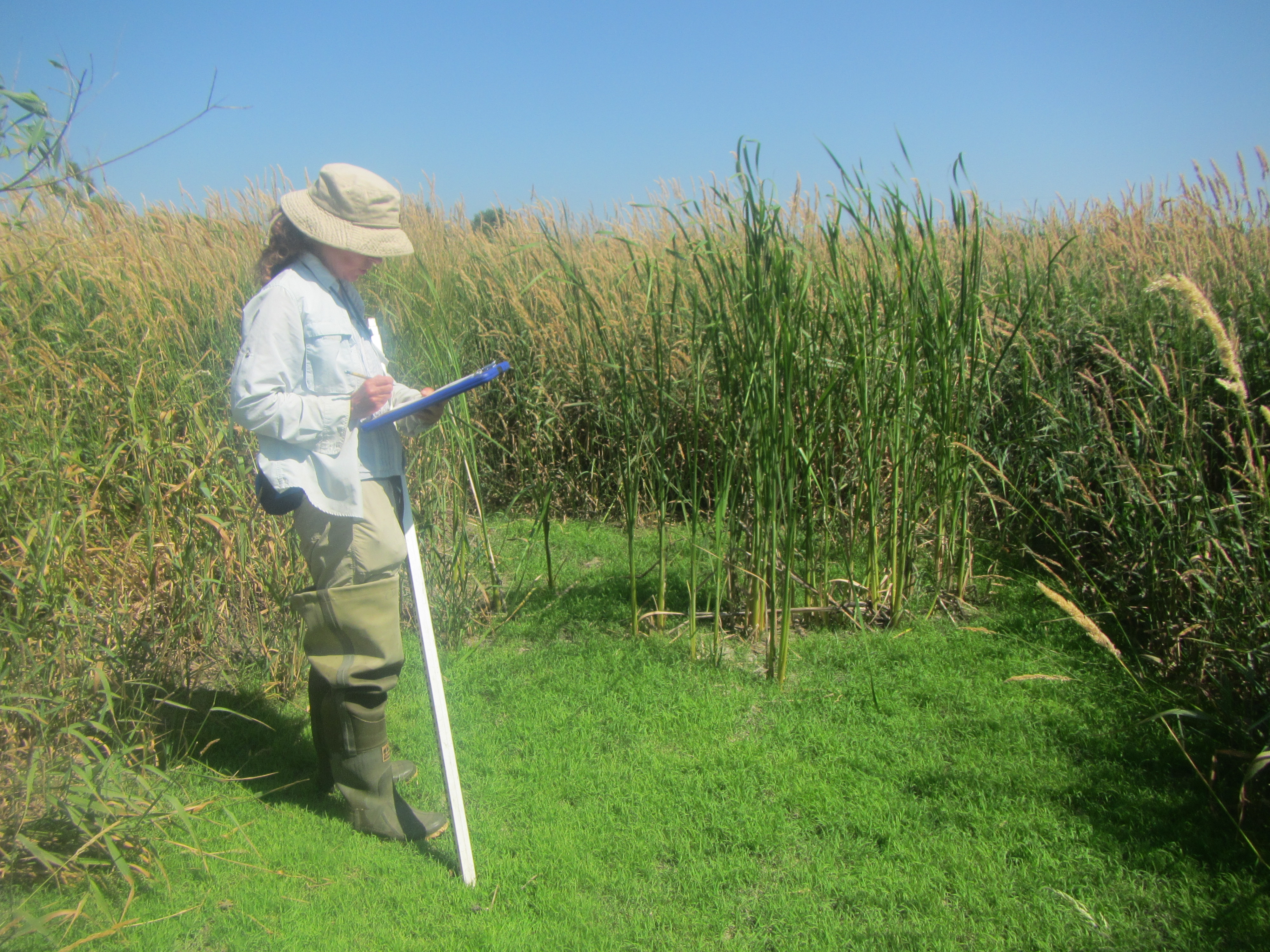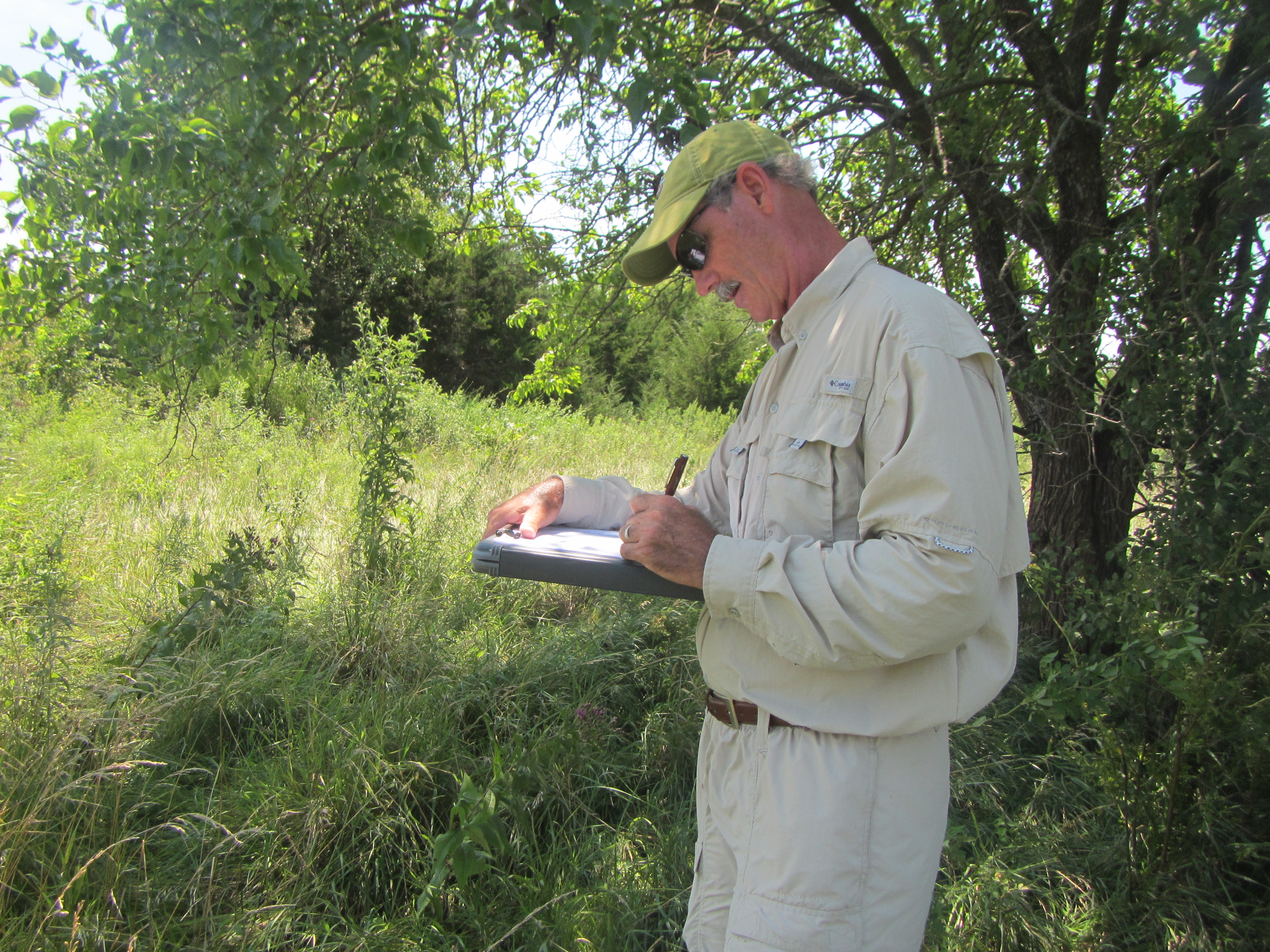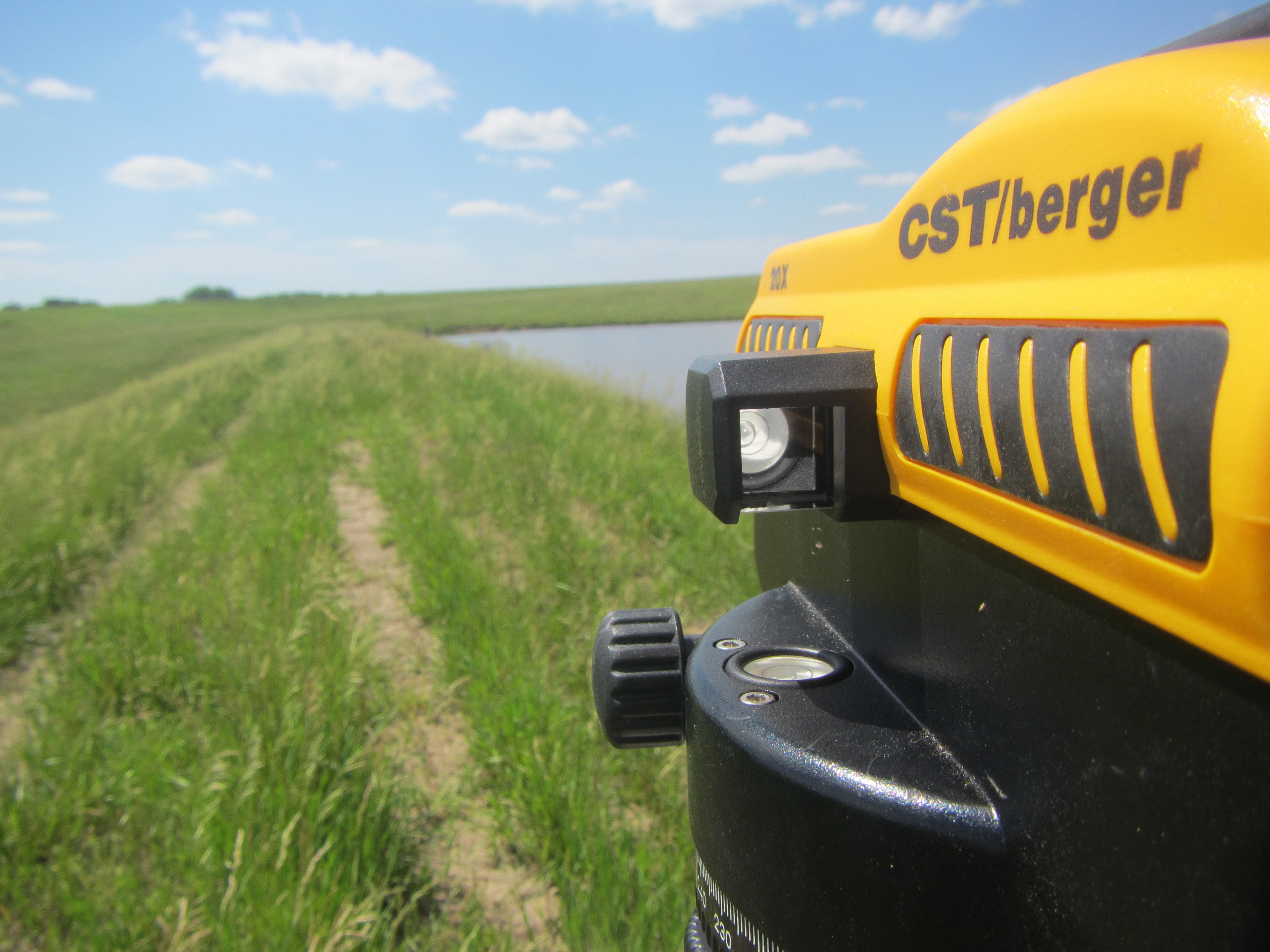Start Date: 2014
End Date: 2016
Full Citation:
U.S. Environmental Protection Agency, Kansas Water Office, 2014–2016, $131,172. Conversion of existing farm ponds to wetlands in agricultural landscapes for mitigation, land use treatment and conservation with a perspective toward climate change. PI: D. Huggins. Co-PIs: J. Kastens, D. Baker, D. Peterson, C.C. Freeman.
Category:
- Aquatic
Associated with the KU Field Station: No
Research Summary:
Most of the wetland losses in Kansas were from draining and conversion of small to moderate wetlands located in arable lands. This same landscape is now replete with constructed ponds often categorically called “farm ponds”. These ponds vary in size and landscape position, and capture and retain water draining various land uses and covers. This project will identify, characterize and classify Delaware River Basin ponds and their catchments to systematically assess their individual potential for conversion or modification to provide functions associated with constructed wetlands (CWs). It has already been observed that many aging ponds are evolving into wetlands as they become shallower and wetland biota colonizes these waterbodies. This project identified those important elements and procedures necessary to establish a potential “pond to wetland” conversion program to address possible mitigation, land use treatment, conservation and biodiversity needs in those watersheds that might best benefit for these activities.
Benefit to landowners:
- We will provide free information about the physical dimensions of each of 100 farm ponds studied (using engineer-quality survey equipment).
- We will provide free data about the water chemistry of 20 of the farm ponds.
- If we receive funding to continue, select farm ponds will be converted in a trial demonstration. These will not be considered wetlands in a legal sense, thus will not be subjected to any state or federal laws.
2015 Update: 600 farm ponds in the Delaware River watershed have been randomly selected, and we began visiting them and obtaining landowner permission to survey 100 ponds.
2016 Update: We completed the initial survey of 98 ponds (during an early heat wave) and revisited 20 of the ponds for a vegetation and water chemistry survey. The Kansas Water Resources Institute provided additional funding to take cores of 9 of the ponds to determine how much sediment has accumulated since their construction.
Email dbaker@ku.edu for MSExcel files of the data. See KBS Report 189 for results: Huggins, D., J. Kastens, D. Baker, and C. Freeman. 2017. Conversion of existing farm ponds to wetlands in agricultural landscapes for mitigation, land use treatment and conservation with a perspective toward climate change. Kansas Biological Survey Open
File Report No. 189. 91 pp.
Images:


